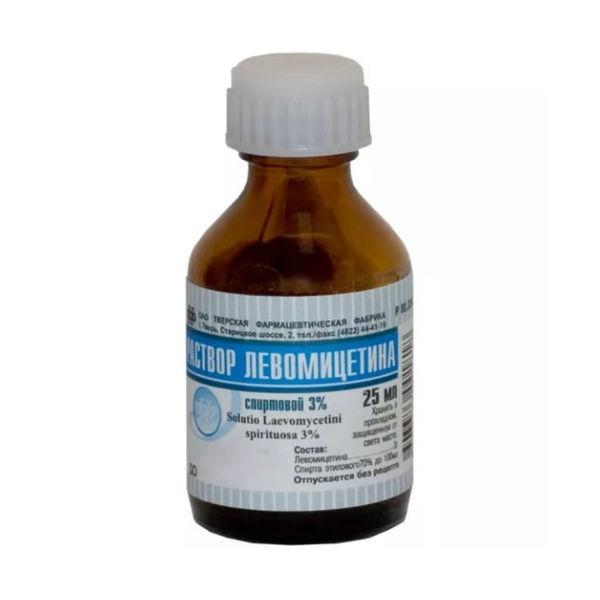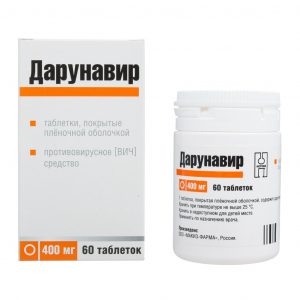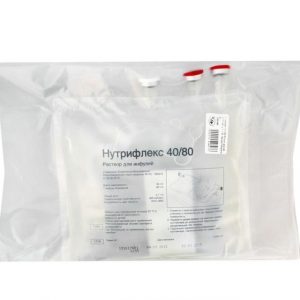Description
Release form
Solution for external use
Pharmacological action
Chloramphenicol is a broad-spectrum antibiotic with high antibacterial activity against the causative agent of wound infections and various forms of purulent-inflammatory processes. Chloramphenicol is a bacteriostatic antibiotic that disrupts the process of protein synthesis in a microbial cell (having good lipophilicity, penetrates the bacterial cell membrane and binds back to the 5OS subunit of bacterial ribosomes, in which the movement of amino acids to the growing peptide chains is delayed, which leads to disruption of protein synthesis). Active against most strains of gram-positive and gram-negative microorganisms resistant to penicillin, tetracyclines, sulfonamides. Helps to cleanse and heal burn wounds and trophic ulcers, accelerates epithelization.
Indications
Bacterial infections of the skin caused by susceptible microorganisms, including infected burns (superficial and delimited deep), pressure sores, trophic ulcers, wounds, boils.
Contraindications
Individual intolerance, pregnancy and lactation, inhibition of bone marrow hematopoiesis, acute intermittent porphyria, deficiency of glucose-6-phosphate dehydrogenase, liver, kidney failure, skin diseases (fungal diseases), psoriasis, With caution, the neonatal period (up to 4 weeks) and early childhood, previous treatment with cytostatic drugs or radiation therapy.
Composition
Active ingredient: chloramphenicol.
Excipients: ethyl alcohol 70% to 100 ml.
Dosage and administration of
Inside: 500 mg 3-4 times a day for 20-30 minutes before meals. The course of treatment is 7-10 days. Children’s dose of 15 mg / kg of body weight. Externally: gauze swabs are saturated with ointment and applied to the affected area.
holiday Terms of
pharmacies No prescription
Dosage form
solution for external use
Indications
infections of the skin, eczema, burns
Tverskaya farmfabrika, Russia




